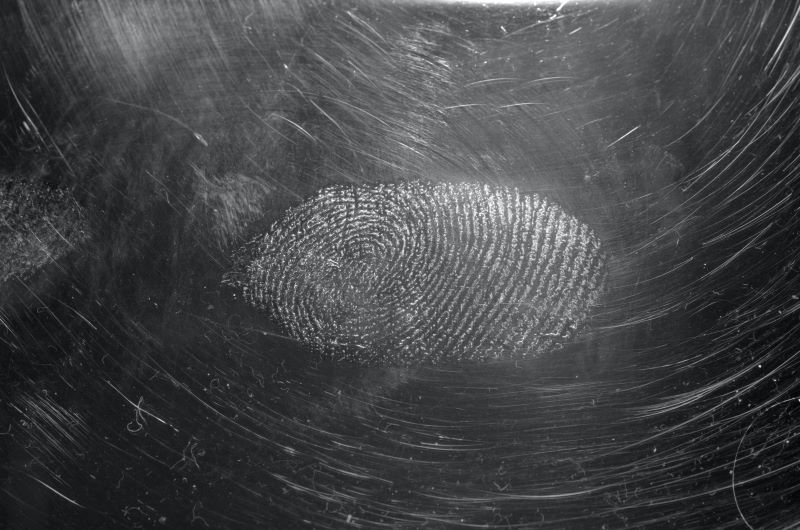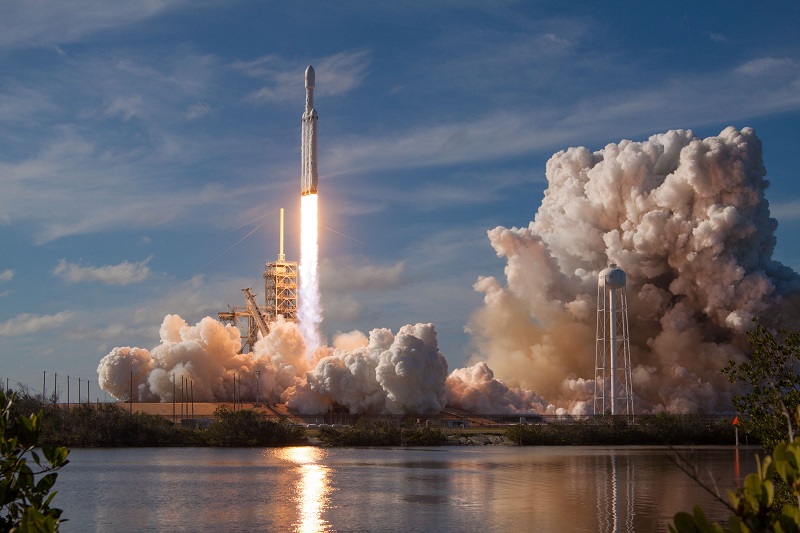McLean, VA-based Iridium Communications Inc. announced on January 11 that at 07:31 am PST (15:31 UTC) a flight-proven SpaceX Falcon 9 rocket launched from Vandenberg Air Force Base and delivered the final 10 Iridium NEXT satellites to low earth orbit (LEO). All 10 satellites have successfully communicated with the Iridium Satellite Network Operations Center and are preparing to undergo initial on-orbit testing. This was the eighth and final launch for Iridium’s historic launch campaign with SpaceX, seeing a total of 75 new satellites deployed over less than two years.
Iridium has invested approximately $3 billion to replace its original satellite system with a new, state-of-the-art network, ushering in an era of financial and technological transformation for the company. At the core of this transformation is the dramatic change in cash flows as construction capital expenses end and a decade or longer “capex holiday” allows significant cash generation from existing and new services. These include Iridium Certus, which will provide the world’s fastest and only truly global specialty L-band broadband connectivity, enabling highly mobile internet access using smaller and more cost-effective terminals, and the Aireon aircraft surveillance system, extending real-time visibility of aircraft for air traffic controllers and airlines to the entire planet for the first time.
“It has been an honor to deliver 75 new Iridium NEXT satellites to orbit. Matt and the entire Iridium NEXT team have been incredible to work with,” said Gwynne Shotwell, president and COO at SpaceX. “On behalf of all of our employees, congratulations to Iridium on achieving this incredible milestone.”
The Iridium satellite constellation is unlike any other in orbit and is the only communications network with pole-to-pole coverage of the entire planet. It is comprised of six polar orbiting planes, each containing 11 crosslinked satellites totaling 66 in the operational constellation, creating a web of coverage around the Earth. The 10 Iridium NEXT satellites launched as part of this final mission were deployed to orbital plane three. Since the launches began, the constellation has been undergoing a one-for-one replacement, new satellite for old, achieved through a highly choreographed in-space maneuver known as a “slot swap.”
“There are few words to describe what it feels like to complete a vision started many years ago when I joined the company and what it means for Iridium and our future,” said Iridium CEO Matt Desch. “Our gratitude to SpaceX for helping bring this new generation of satellites to orbit, so flawlessly every time is beyond words. However, for Iridium, we’re not quite across the finish line yet, as there is still some work to do to put these satellites into operation. Once that’s complete, our future will be in place. I’m just incredibly proud of our team right now.”
To date, new satellites make up 60 of the 66 satellites in operation, with the final six scheduled for activation in the coming weeks from today’s launch. Iridium NEXT satellites were designed by Thales Alenia Space, which serves as system prime contractor, and are being integrated by Thales’ subcontractor, Northrop Grumman. The production process features an 18-station, state-of-the-art assembly line system for all 81 Iridium NEXT satellites being built.
“Totally deployed, Iridium NEXT is now arguably the world’s highest performance and most sophisticated constellation which represents today’s state of the art in terms of technology and flexibility and Thales Alenia Space is so proud for having risen to this huge challenge. I would like to thank Iridium for having placed its trust in us, and thank everybody at my company, at Iridium and at our partners for having worked as “One Team,” all with the sole objective of delivering the constellation to orbit as quickly as possible, while guaranteeing top-flight quality,” declared Jean Loïc Galle, CEO of Thales Alenia Space.
In total, 81 satellites are being built with 75 successfully launched. Nine of the satellites launched will serve as on-orbit spares, and the remaining six will be ground spares.
Source: Iridium









